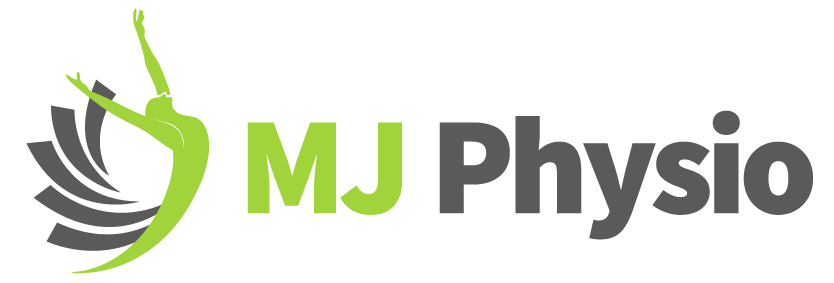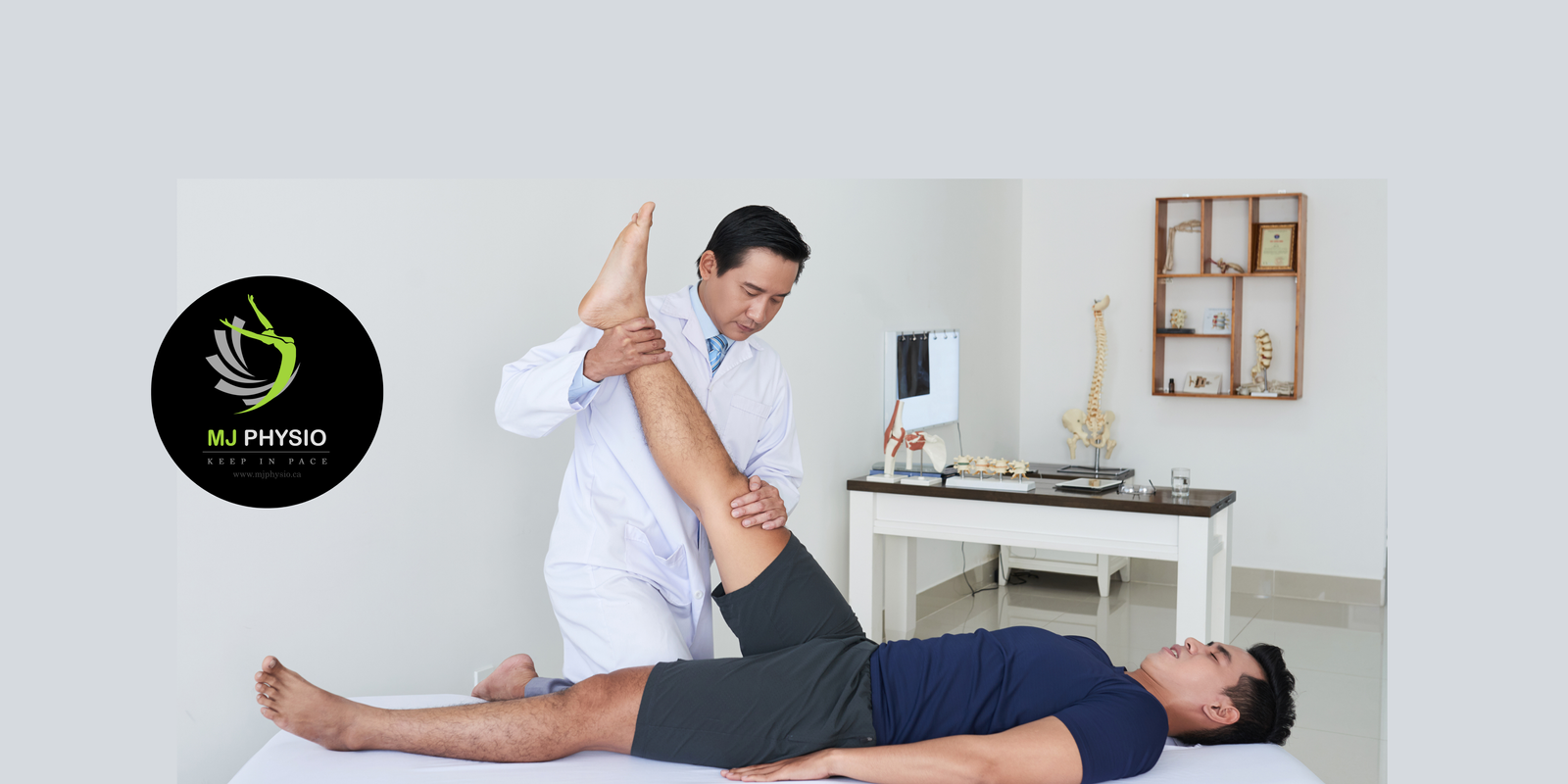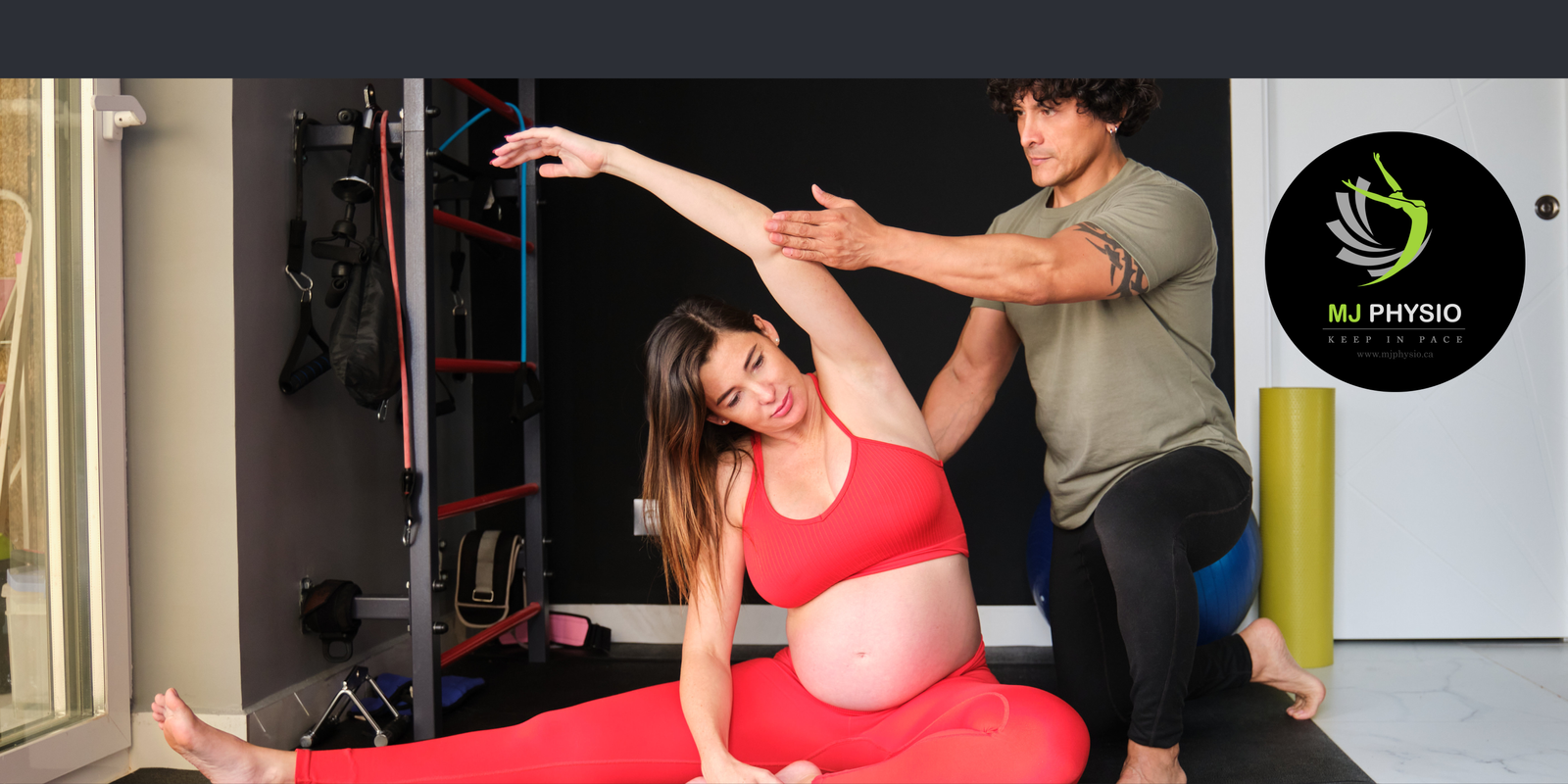Improving Balance and Coordination
Balance and coordination are vital for performing daily activities seamlessly. However, many face challenges that affect their ability to move comfortably and securely. Physiotherapy offers tailored solutions to enhance coordination and balance, improving the way individuals handle their everyday tasks.
The Significance of Balance and Coordination
Balance and coordination are fundamental components of movement. Balance refers to the body’s ability to maintain stability and stay upright, while coordination involves the synchronization of different body parts to execute smooth and controlled movements.
Challenges with balance and coordination can arise due to various factors, including aging, neurological conditions, musculoskeletal injuries, or vestibular disorders. These difficulties often lead to an increased risk of falls, limited mobility, and decreased independence.
How Physiotherapy Helps
1. Personalized Assessments:

Physiotherapists conduct thorough assessments to identify the root causes of balance and coordination issues. These assessments encompass various tests to evaluate strength, flexibility, proprioception, and sensory functions.
2. Customized Exercise Plans:

Based on the assessment findings, physiotherapists develop personalized exercise regimens that target specific areas requiring improvement. These programs often include strength training, proprioception exercises, balance drills, and coordination-enhancing activities.
3. Vestibular Rehabilitation:

For individuals with vestibular disorders affecting balance, vestibular rehabilitation techniques are employed. These techniques aim to recalibrate the vestibular system and improve equilibrium.
4. Functional Training:

Physiotherapy emphasizes functional training, incorporating exercises that simulate real-life movements and challenges encountered during daily activities. This approach helps individuals adapt and regain confidence in performing routine tasks.
5. Fall Prevention Strategies:

Physiotherapists educate patients on fall prevention strategies and teach techniques to recover from potential falls safely. They also provide guidance on home modifications to create a safer environment.
Integrating Physiotherapy into Daily Life
The benefits of physiotherapy extend beyond clinical sessions. Patients are encouraged to incorporate learned exercises and strategies into their daily routines. Consistency in practicing these exercises aids in strengthening muscles, improving coordination, and ultimately enhancing overall balance.
Conclusion
Physiotherapy is instrumental in improving balance and coordination, empowering individuals to handle daily tasks confidently. Seeking help from a physiotherapist can make a significant difference, offering personalized solutions to enhance mobility and restore confidence in navigating everyday life.



